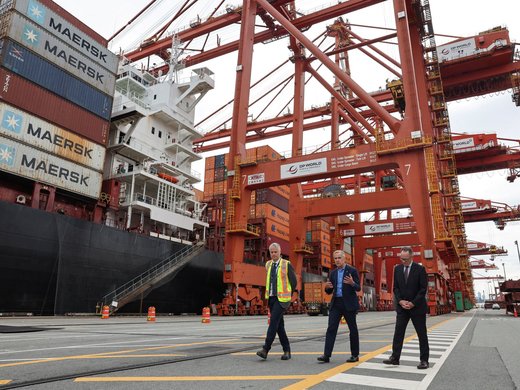Companies, governments and individuals are using data to create new services such as apps, artificial intelligence and the Internet of Things. These data-driven services rely on large pools of data and a relatively unhindered flow of data across borders (few market access or governance barriers). The current approach to governing cross-border data flows through trade agreements has not led to binding, universal or interoperable rules governing the use of data. Most countries with significant data-driven firms are in the process of debating how to regulate these services and the data that underpins them. But many developing countries are not able to participate in that debate. Policy makers must devise a more effective approach to regulating trade in data for four reasons: the unique nature of data as an item exchanged across borders; the sheer volume of data exchanged; the fact that much of the data exchanged across borders is personal data; and the fact that although data could be a significant source of growth, many developing countries are unprepared to participate in this new data-driven economy and to build new data-driven services. This paper begins with an overview and then describes how trade in data is different from trade in goods or services. It then examines analogies used to describe data as an input, which can help us understand how data could be regulated. Next, the paper discusses how trade policy makers are regulating trade in data and how these efforts have created a patchwork. Finally, it suggests an alternative approach.


